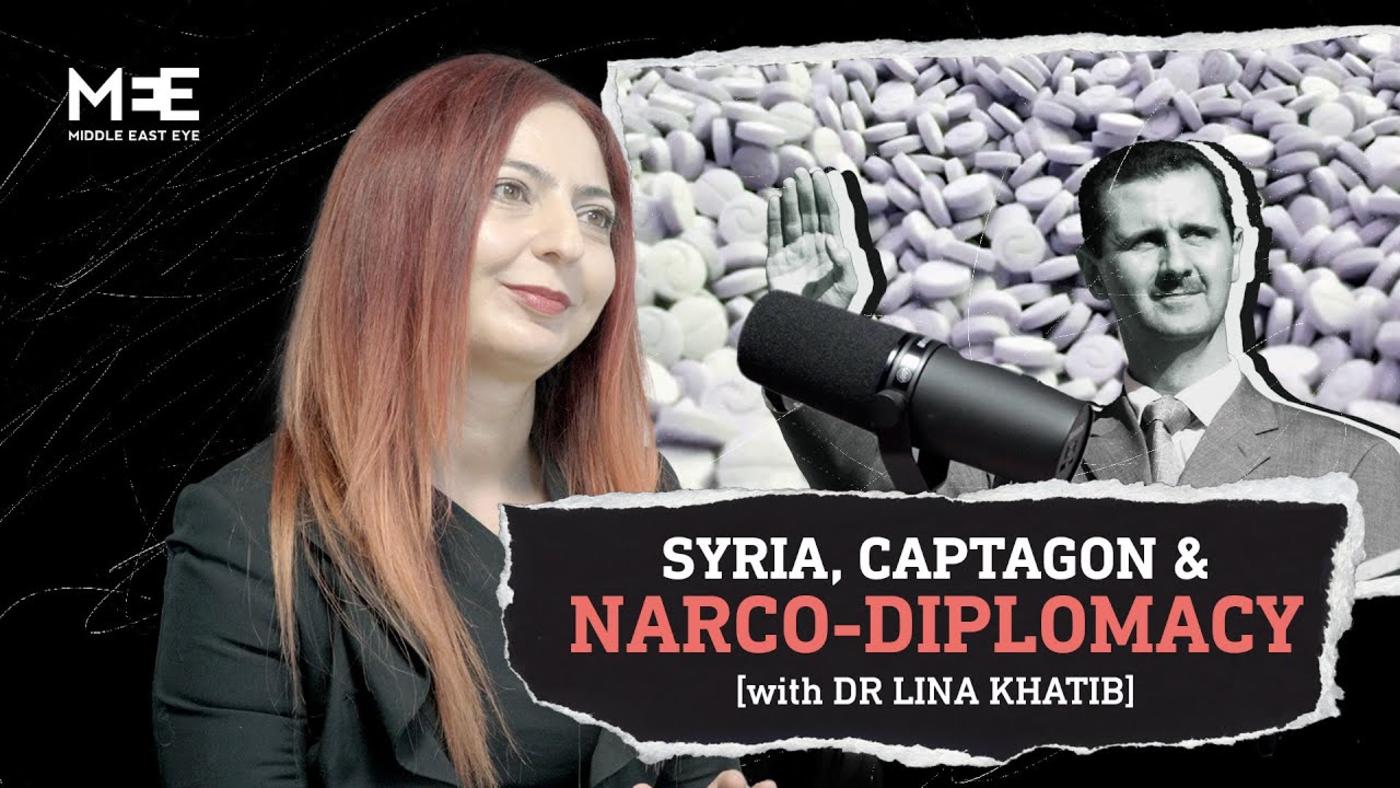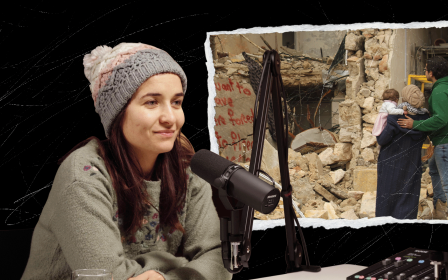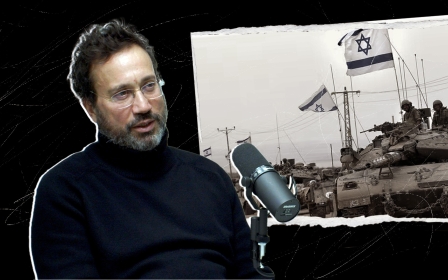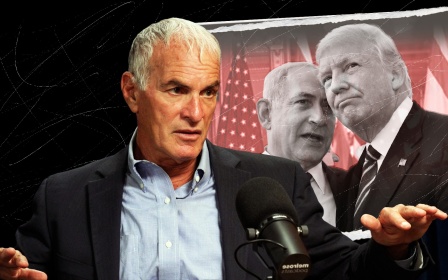Bashar al-Assad built a drug empire to survive the Syrian war
Published date: 20 July 2023 15:21 BST
|
Last update: 1 year 4 months ago
What happens when a dictator uses drug trafficking as a tool of diplomacy?
Use of the psychoactive drug known as Captagon has exploded across the Middle East and Europe, leading many countries to classify it as an "epidemic". The highly addictive pill used to be mainly made in Turkey and Latin America, but that slowly changed after the outbreak of the Syrian Civil War.
Today, 80 percent of the global supply of Captagon is manufactured in Syria and distributed through Lebanon and Jordan. Many now accuse Bashar al-Assad of using the drug to generate billions in revenue for his government and bypass sanctions, as well as to pressurise his neighbours into resuming diplomatic ties.
That gambit seemed to have paid off in May when, after more than 10 years, Syria was welcomed back into the Arab League.
In this week’s episode of The Big Picture, we sit down with Dr Lina Khatib, head of the Middle East Institute at SOAS University. Khatib says despite years of sanctions and political pressure, Assad has emerged feeling victorious.
Subscribe and listen on all podcast platforms: https://thebigpicture.buzzsprout.com/
Use of the psychoactive drug known as Captagon has exploded across the Middle East and Europe, leading many countries to classify it as an "epidemic". The highly addictive pill used to be mainly made in Turkey and Latin America, but that slowly changed after the outbreak of the Syrian Civil War.
Today, 80 percent of the global supply of Captagon is manufactured in Syria and distributed through Lebanon and Jordan. Many now accuse Bashar al-Assad of using the drug to generate billions in revenue for his government and bypass sanctions, as well as to pressurise his neighbours into resuming diplomatic ties.
That gambit seemed to have paid off in May when, after more than 10 years, Syria was welcomed back into the Arab League.
In this week’s episode of The Big Picture, we sit down with Dr Lina Khatib, head of the Middle East Institute at SOAS University. Khatib says despite years of sanctions and political pressure, Assad has emerged feeling victorious.
Subscribe and listen on all podcast platforms: https://thebigpicture.buzzsprout.com/
Middle East Eye delivers independent and unrivalled coverage and analysis of the Middle East, North Africa and beyond. To learn more about republishing this content and the associated fees, please fill out this form. More about MEE can be found here.










